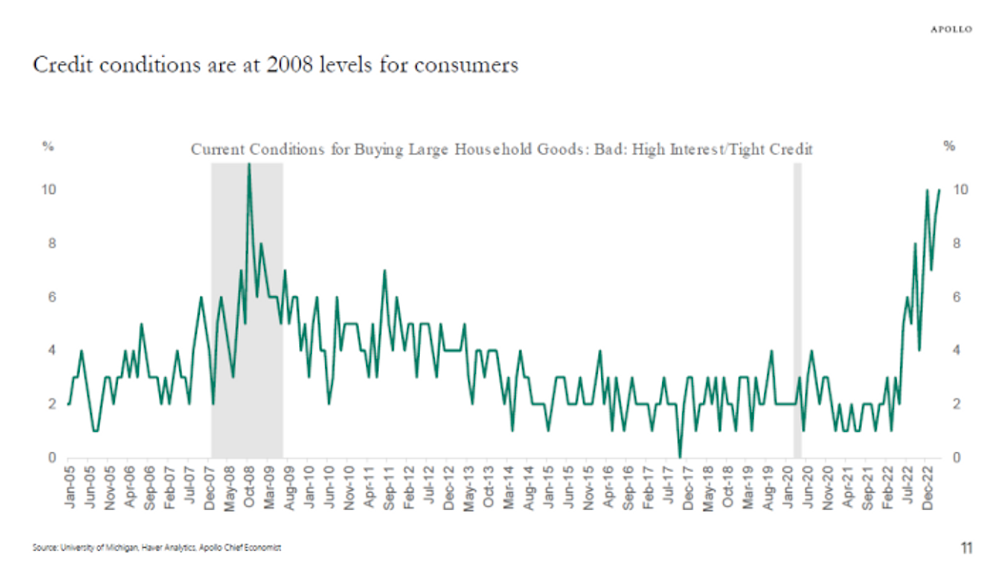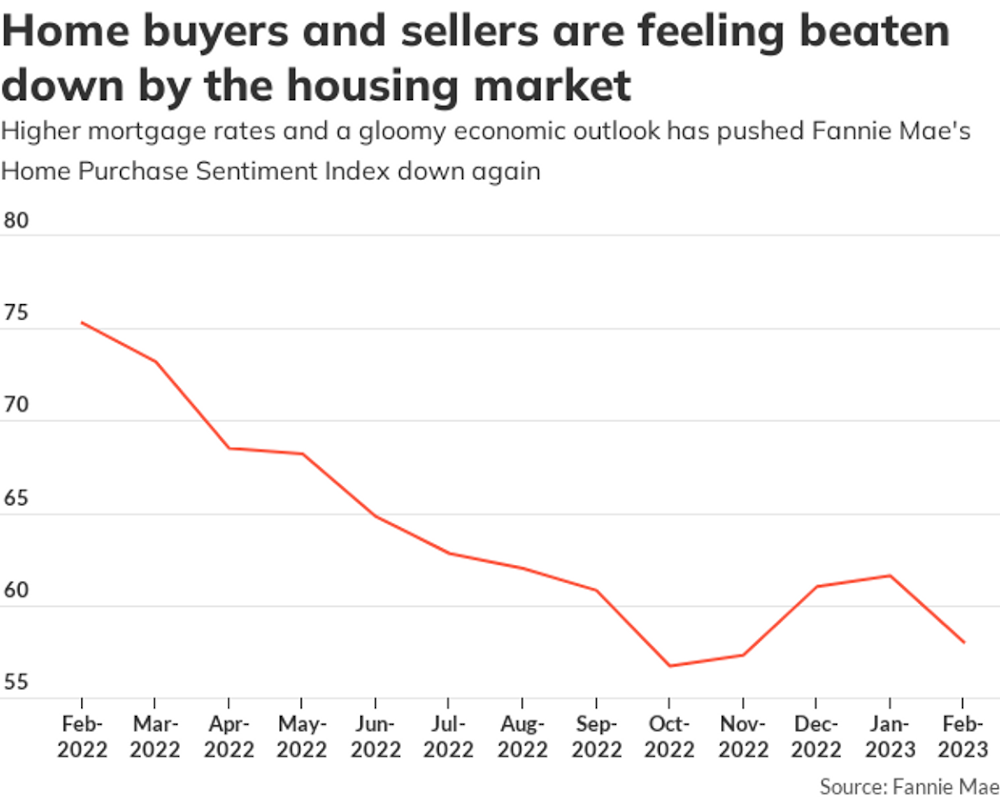WASHINGTON (MarketWatch)
Prices paid for goods imported into the U.S.
declined 0.1% in December, with lower prices for both fuel and nonfuel imports,
the U.S. Department of Labor reported Friday
Economists polled by MarketWatch
had expected import prices to rise 0.1% in December
The government revised
November's decline in import prices to 0.8% from a prior estimate of a 0.9%
drop
Import prices for fuel declined 0.1% in December, as did prices for
nonfuel imports
Meanwhile, the price of U.S.-made goods exported to other
nations also declined 0.1%
For 2012, overall import prices fell 1.5%, the
lowest change since 2008, led down by fuel imports
Meanwhile, in 2012 export
prices rose 1.1%, also reaching the lowest change since 2008
Welcome
stock market phases theorem.
Chief Artificial Intelligence.
Academic training in Fundamental Mathematics.
IA basada en Razonamiento Humano
Billie, Founder with academic training in Fundamental Mathematics and professional experience in Large Multinationals in the Information Technology sector, having held positions in high-level management positions, maintains that it is time to reduce Unproductive Public Expenditure and help the Private Sector in everything that is possible.
Cortesía de Investing.com
Cortesía de Investing.com
Agenda Macro
Calendario económico en tiempo real proporcionado por Investing.com España.




















1 comentario:
WASHINGTON (MarketWatch) -- The U.S. trade deficit widened 15.8% to $48.7 billion in November, hitting the largest deficit since April, compared with a revised $42.1 billion deficit in October, the U.S. Department of Commerce reported Friday. Imports rose 3.8% to $231.3 billion, the highest level since April, while exports increased 1% to $182.6 billion. Economists surveyed by MarketWatch had expected the trade deficit to narrow to $41.3 billion in November from a prior October estimate of $42.2 billion, but noted that monthly results could be skewed by recent longshoreman strikes. On an unadjusted basis, U.S. trade deficits widened with Canada and the European Union, but narrowed with China and the oil-producing OPEC nations
Publicar un comentario